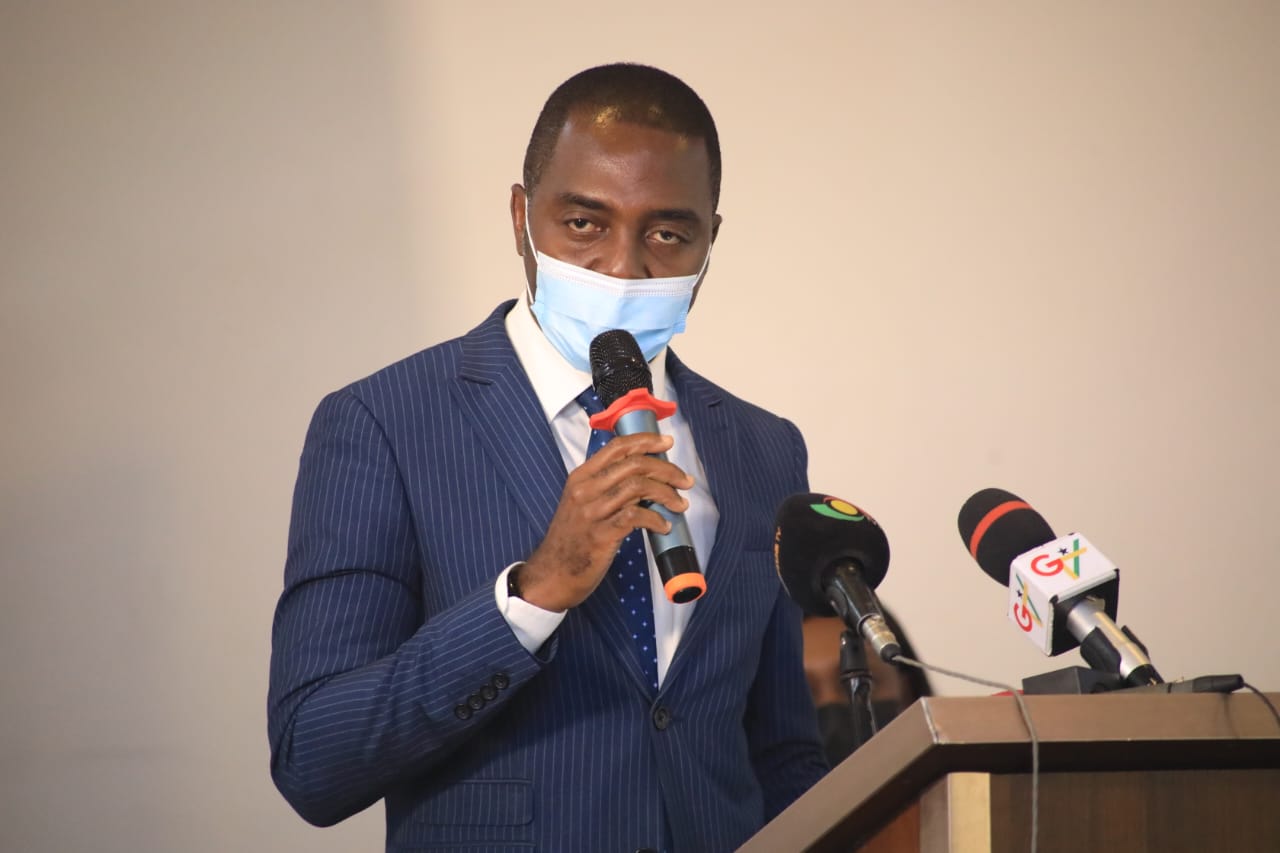
Cost of funds threat to quality service delivery - Experts
Experts in the health sector have identified lack of access to and cost of credit as the top challenges limiting the delivery of quality and affordable health care to the populace.
At an event to launch the Medical Credit Fund (MCF) II in Accra on March 23, the medical doctors, pharmacists and health sector entrepreneurs said private health service providers were unable to access affordable funds from the traditional banking sector, resulting in limited expansion of their facilities and the delivery of quality and affordable healthcare.
Contributing to a panel discussion on the financing of healthcare businesses in Ghana, the Chief Executive Officer (CEO) of the Franklyn Medical Centre and the Health Federation, Dr Lynda Derker, the President of the Pharmaceutical Society of Ghana (PSG), Samuel Kow Donkor, the CEO of Cross Care Hospital, Evelyn Dzanto and the Country Manager of GE Healthcare, Daniel Amo-Koranteng, said the development also impacted negatively on the acquisition of critical equipment such as incubators, magnetic resonance imaging (MRI) scanners, respiratory ventilators, ultrasound machines and pharmaceuticals, necessary to aid diagnosis and improve health delivery.
Each of the experts shared experiences of how traditional banks had either rejected their requests for funds or insisted on terms that were beyond the capacities of their respective facilities.
They, therefore, expressed the hope that the launch of the MCF II, a specialised fund for healthcare sector institutions and entrepreneurs, would help to make low-cost funds access to the sector to improve service delivery.
NHIA delays
Ms Dzanto said the funding challenge was worsened by the inability of the National Health Insurance Authority (NHIA) to reimburse the facilities timely for services rendered under the National Health Insurance Scheme (NHIS).
She said it forced facilities to rely on meagre internally generated funds for recurrent and capital expenditures.
The president of the PSG noted that the credit gap created by the delay in the payments of NHIS also hampered the operations of the pharmaceutical sector.
“Whether we like it or not, the NHIS affects. If they are paying for four months, it means we have a credit gap of four months and if it is six months, it means we a credit lag of that long. Once that happens, then it means you have to borrow and that is where the interest rates come,” he said.
Dr Derker said the private sector was a critical partner in the provision of quality healthcare services to the populace, although access to financing was weakening its ability to support it.
Consequently, the four experts called on the government to work with the players and the banking sector to streamline funding and develop incentives for lending to the health sector to enable it to expand quality health delivery.
They noted that the funding lag needed urgent resolution to quicken the country’s march towards achieving the Sustainable Development Goals (SDGs) Three, which centres on achieving universal health coverage and access to quality healthcare.
“If we get funding right, hospital services will definitely see an improved delivery and it will help encourage investments in hospitals and health sector infrastructure,” Mr Donkor of the PSG said.
The solutions
The Country Director of PharmAccess, Dr Maxwell Antwi, said the MCF was established to help resolve some of the funding challenges facing the sector.
He said the fund was a sister organisation within the PharmAccess Group, with a mission to provide access to financing for medical quality improvement to all players in the healthcare sector value chain.
He called on players in the health sector to contact the fund for discussions on how they could partner to help resolve the challenges.